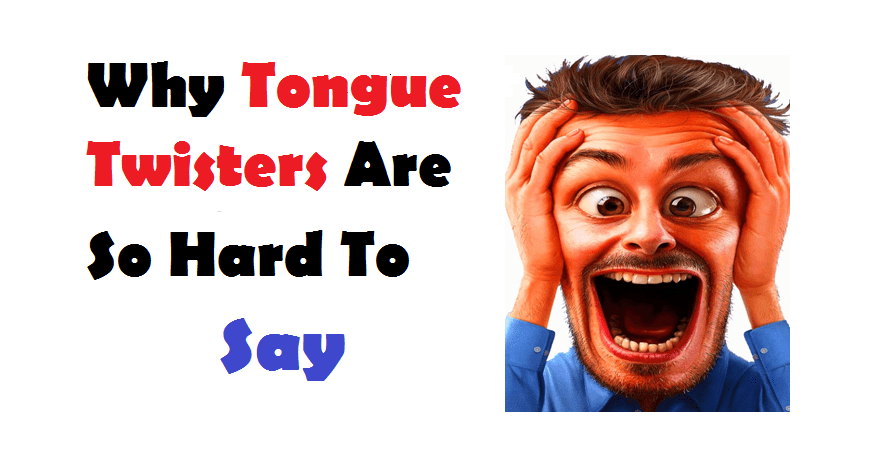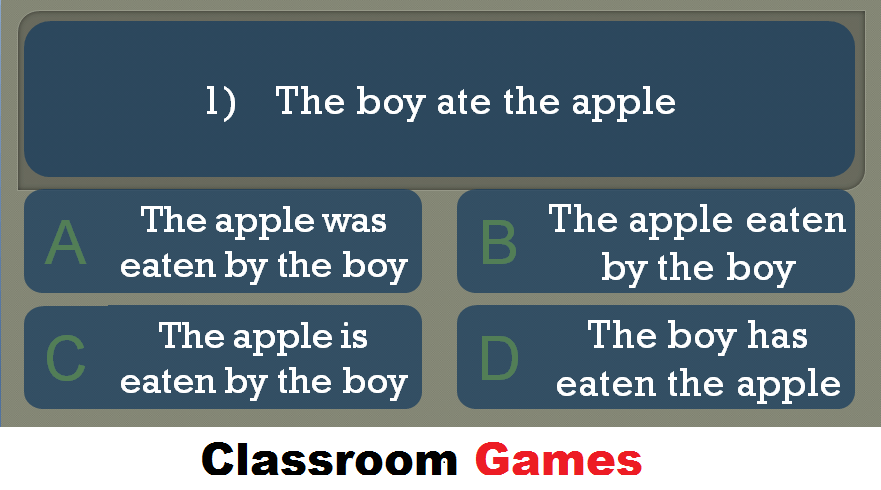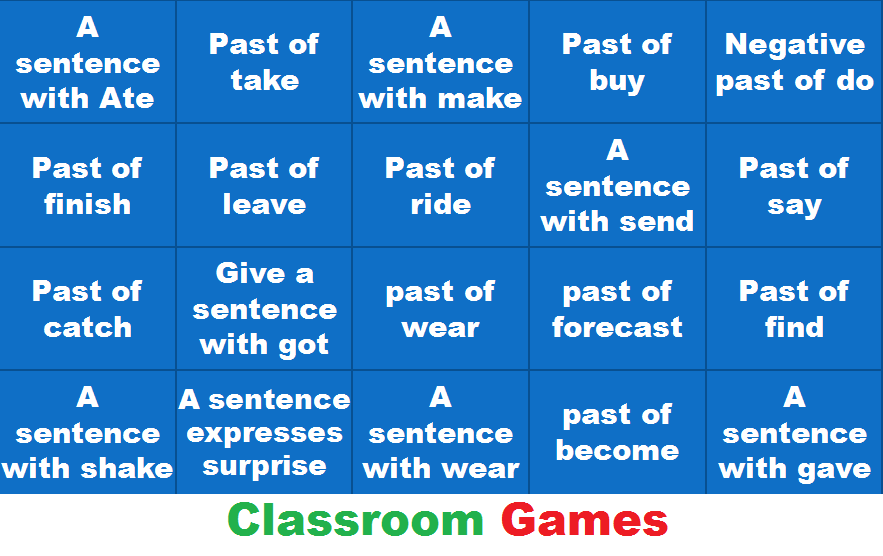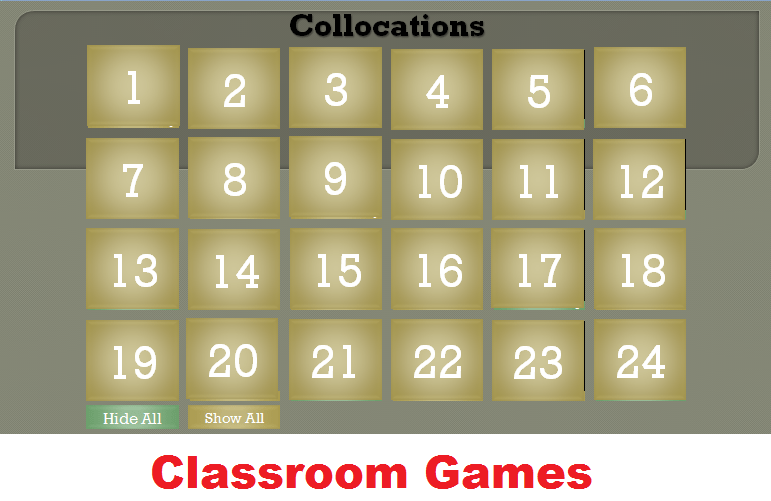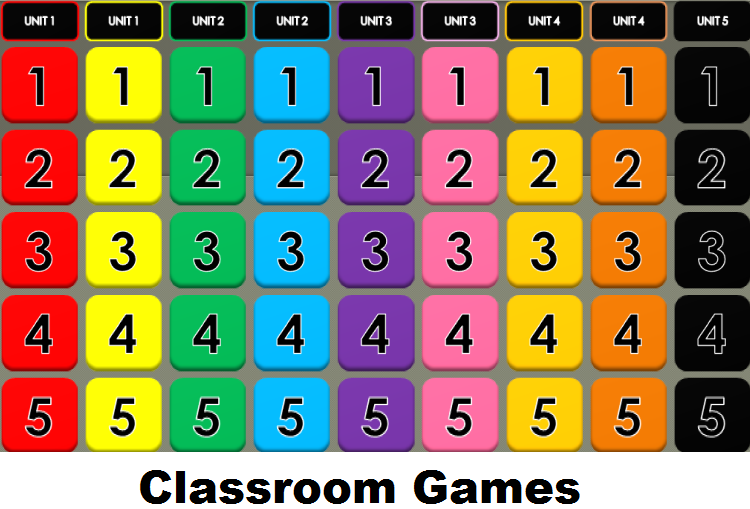The human language is one of “the things” scientists are still studying. Although there is a huge body of empirical evidence on the study of language, scientists haven’t yet reached a microscopic understanding of what language really is.
The human language is very weird and there are many things that show its weirdness. Can you take a minute and pronounce this word: “sixth”? For so many non-native speakers of English, this is one of the words that is usually criticized as: “what kind of word is that with an /S/ and /xth/ sound? F*** that noise”.
Just like the example above, tongue twisters provide massive numbers of expressions that are so weird and difficult to say. In this article, I will uncover some of the reasons why tongue twisters are so hard to say.
Many people don’t really understand why such expressions such as: tongue twisters are so hard to articulate. So, this post will be very helpful to people looking for this answer.
As you all know, we produce mostly different sounds by changing the position of our tongue and the shape of our lips. We control this automatically by our brain using sensori-motor cortex, specifically.
Consider, for instance the famous tongue twister: she sells seashells by the sea shore. If you try producing this segment, you will notice the overlap in the movement and positioning of your tongue in your mouth.
The overlap also happens inside your brains, which is something we are not aware of. Because the act of stringing syllables together is already complex, once you start doing it with sounds whose representation in the brain overlap, things get very confused.
Our brains run faster than our mouths and hands. When a tongue twister is on a board or on a paper, our brains read it very quickly. They see words put together that are normally not put together, so our tongues which can’t keep up with our brains, stumble over trying to say the words. However, if we go slower and slower, we will find out that we could say it easier than when we did it quickly.
Another reason why some tongue twisters are hard is that they use alliteration (when a sentence or a phrase that has words start with the same sounds or the ones that are quite similar). This makes it hard for people to articulate the sounds.
Note that the answers to this question shared in this post are based on my knowledge and understanding. There are other answers and expalnations which you might look for in other books and sources.
It is also worth-noting that the complexity of tongue twisters comes from the fact that spoken words require the coordinated efforts of several ‘articulators’ in the vocal tract, such as: the lips, tongue, jaw and larynx. However, until now, scientists have not really understood how the movements of these distinct articulators are precisely coordinated in the brain.
I really hope this post sparks your interests. If you like it, please share it with your colleagues. Check other posts that may relate to this one in the same category.
Please, like our page and follow us on Facebook.
References:
- Bohland, J. W. & Guenther, F. H. Neuroimage 32, 821–841 (2006).
- Dell, G. S., Juliano, C. & Govindjee, A. Cogn. Sci. 17, 149–195 (1993).

